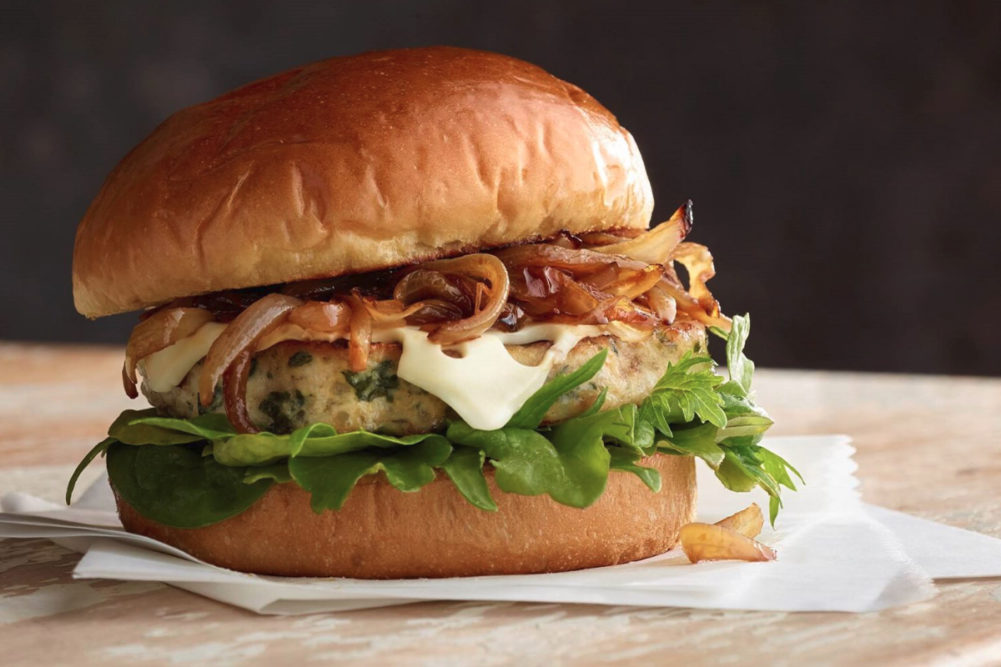AUSTIN, MINN. — Elevated retail sales propelled Hormel Foods Corp. during the second quarter of fiscal 2021, but recovery in foodservice pushed the company’s top line higher. Management sees the recovery accelerating into the second half of the year.
“We anticipated rapid demand changes in our foodservice business, and our team delivered, with sales exceeding 2019 pre-pandemic levels,” said James P. Snee, chairman of the board, president and chief executive officer, during a May 20 conference call with securities analysts. “The investments we have made over the years to build a world-class foodservice business, including an experienced direct sales force and portfolio of products that solve for customer challenges, give us a competitive advantage as the industry recovery accelerates.”
Foodservice sales increased 28% during the second quarter, ended April 25, 1% over 2019 pre-pandemic levels.
“This is a significant accomplishment especially knowing where the industry was just a few short months ago,” Mr. Snee said.
He added that the company has a positive outlook on the foodservice business as Hormel Foods enters the second half of the year.
“We are well positioned from an inventory and capacity standpoint to meet the demand from our distributor partners and operators and are confident in our ability to gain share throughout the recovery,” Mr. Snee said. “Additionally, we are increasingly confident that K-12 schools and colleges and universities will open and operate in a more traditional manner this fall. This should benefit both Refrigerated Foods and Jennie-O Turkey Store.”
Second-quarter net income was $228 million, equal to 42¢ per share on the common stock, and flat when compared to the year prior when the company also earned $228 million, or 42¢ per share.
Sales rose 8% to $2.6 billion.
Refrigerated Foods business unit sales rose 17% during the quarter to reach $1.5 billion. Segment profit surged 32% to $173 million. The company attributed higher foodservice sales, higher retail fresh pork profitability and decreased operational expenses due to COVID-19 for the segment profit.
“We saw a rapid increase in foodservice demand as the quarter progressed,” Mr. Snee said. “Almost all categories within foodservice grew sales, led by our pizza toppings portfolio and brands such as Fontanini and Bacon 1. In fact, pepperoni, pizza toppings, Bacon 1 and Fontanini authentic Italian meats all showed growth compared to the second quarter of 2019.”
Grocery Products segment sales fell 8% to $628 million during the quarter. Unit profitability fell from $128 million in 2020 to $98 million this quarter.
“Grocery Products results were strong given the difficult comparison to last year due to the extremely high levels of demand experienced at the onset of the pandemic,” Mr. Snee said. “Sales for center store brands such as Spam, Hormel Chili, Completes and Mary Kitchen hash were all over 20% higher compared to our second quarter of 2019.”
Jennie-O Turkey Store business sales rose 2% to $351 million, but segment profitability plummeted 54% to $13 million.
“Grain prices continued to increase significantly during the quarter, while pricing action had yet to be fully reflected in the marketplace,” Mr. Snee said.
James N. Sheehan, chief financial officer, added, “In response to global supply and demand imbalances in corn and soybean meal, we have taken strategic hedges to fully cover grain costs for the remainder of the year. The positions also provide a benefit if markets decline. These hedges, coupled with the previously announced pricing actions, are expected to protect Jennie-O’s profitability.”
International and Other business unit sales rose 17% to $174 million and unit profitability rose 6% to $25 million.
“The performance of the team in China remains impressive,” Mr. Snee said. “Foodservice volumes have recovered to pre-pandemic levels driven by growth from Skippy, pizza toppings and bacon items.”
Management raised the company’s sales guidance to a range of $10.2 billion to $10.8 billion for the fiscal year and reaffirmed its earnings per share guidance in the range of $1.70 to $1.82.
“We continue to see elevated demand in the retail, deli and international channels,” Mr. Snee said. “We expect to further benefit from pricing actions, increased capacities on key product lines and continued improvements in our supply chain.”
For the first six months of fiscal 2021 Hormel Foods earned $450 million, or 83¢ per share, down from the same period of fiscal 2020 when the company earned $471 million, or 88¢ per share.
Sales for the period rose to $5.1 billion from $4.8 billion the year prior.





